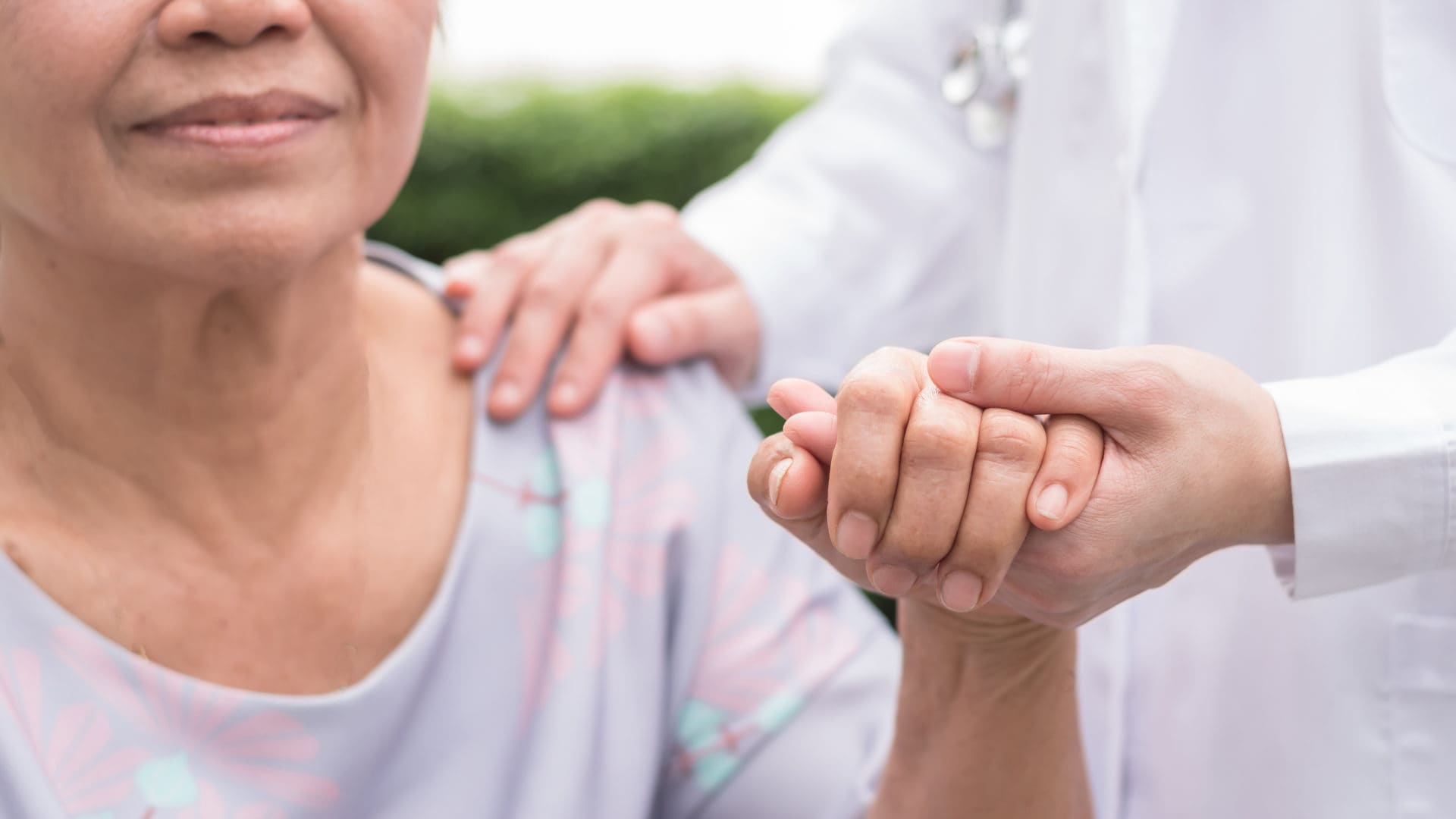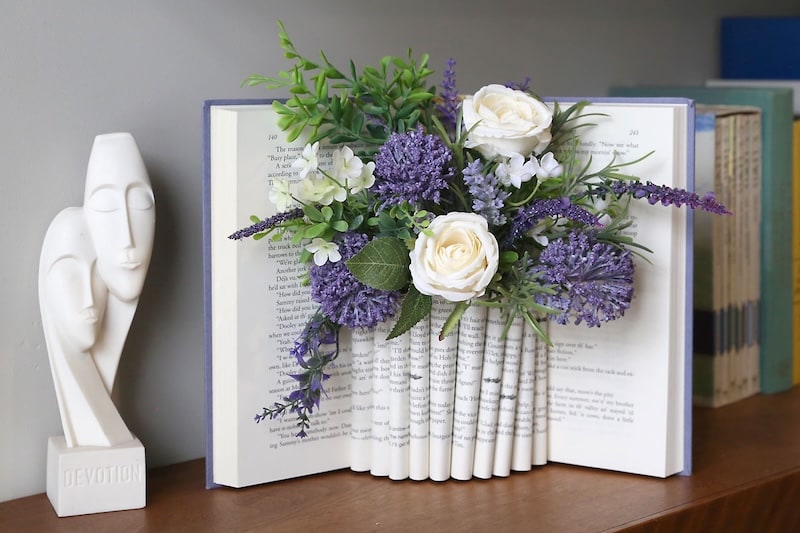When you find yourself taking care of a parent, sibling or a spouse who has Alzheimer’s disease or another form of dementia, it can seem as if your world has turned upside down. The mom who used to drive you to dance class and give you advice on taking out your first mortgage now relies on you to handle her transportation and finances. The beloved husband of 50 years who always remembered every birthday and anniversary now can’t even remember his grandchildren’s names without your help.
If there’s a positive side to dementia’s long, slow progression, it’s that you have plenty of time to adjust to these changes, says Sharonna Bloom, senior social worker in the department of neurology at Columbia University Irving Medical Center in New York City. Here are some important things to keep in mind as you go through this journey together.
1. You won’t experience complete role reversal.
As you take on more responsibility for helping your loved one — whether you’re doing daily chores like dressing and feeding your parent, or you’re handling your sibling’s finances and managing her home health aides from afar — your roles will definitely change, but it won’t ever be a true role reversal, says Amy Goyer, the family and caregiving expert for AARP and author of “Juggling Life, Work and Caregiving.”
“I never like to use the words ‘becoming your parent’s parent,’ because our mom and dad will always be our parents,” she says. “I have been the caregiver for many years for my father, but I still put my head on his shoulder when we’re sitting on the couch, and that reminds him that he is still my dad.”
Your loved one may be feeling resentment and grief over giving up their autonomy and being dependent on family, so remind them often that you still think of them as your beautiful mom or your cool older brother, which can make a world of difference in their attitude and mind set, Goyer says.
2. Use the diagnosis to move forward
“It can be very confusing and upsetting to live with the behavioral changes before you have a diagnosis,” says Nataly Rubinstein, LCSW, founder of Alzheimer’s Care Consultants and author of “Alzheimer’s Disease and Other Dementias—The Caregiver’s Complete Survival Guide.” “Your loved one may not want to get dressed or go out. He or she may stop doing chores around the house, and start being more aggressive, and if you don’t know what’s going on, you can feel hurt and take it personally. But when you get the diagnosis of Alzheimer’s or another type of dementia, you can have that a-ha moment, when you put it all in perspective.”
At that point, says Rubinstein, it is much easier to change your mind set from anger and resentment to, “What can I do to help both of us?”
“The best outcomes are in the families that focus on the things they can cherish and celebrate together.”
— SHARONNA BLOOM, SENIOR SOCIAL WORKER, COLUMBIA UNIVERSITY IRVING MEDICAL CENTER IN NEW YORK
3. It’s OK to grieve the relationship you had
It’s perfectly normal to miss the person your loved one was before the disease took hold, says Bloom. Your smart and sassy sister may now stare off into space when you speak to her, and your globe-trotting partner may not have any interest in venturing further than the living room couch. Especially if you are caring for your spouse, you may also be grieving the life you thought you’d have together in retirement.
But that grief can also turn to an appreciation for the fact that you have the resources to be able to help your family member in their time of need, taking care of them as they may have taken care of you. Adjusting to the new reality means thinking not of what you’re missing, but how you can make tomorrow better.
“The best outcomes,” Bloom says, “are in the families that focus on the things they can cherish and celebrate together.”




